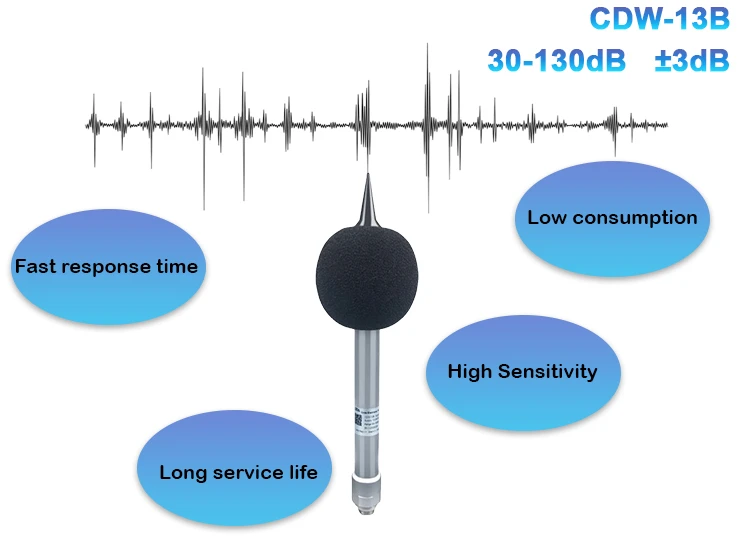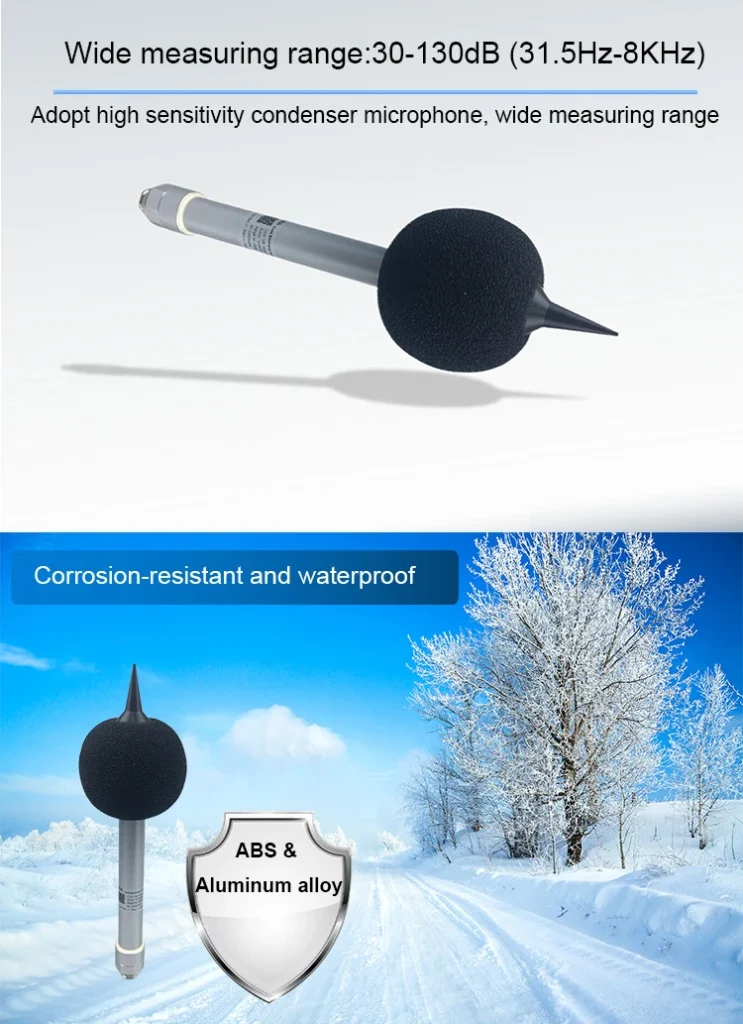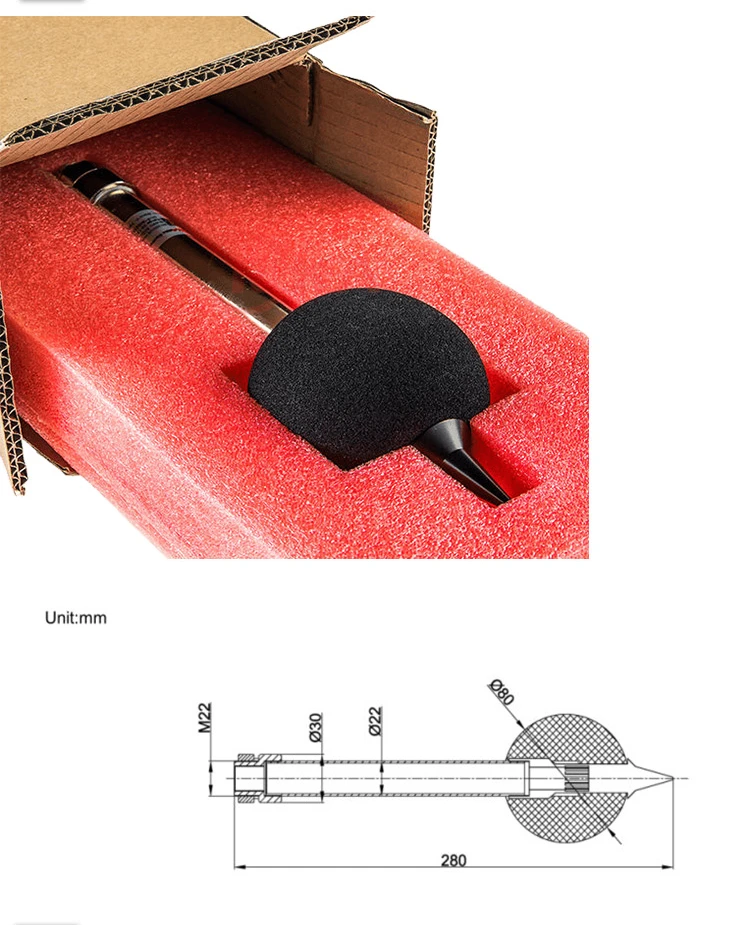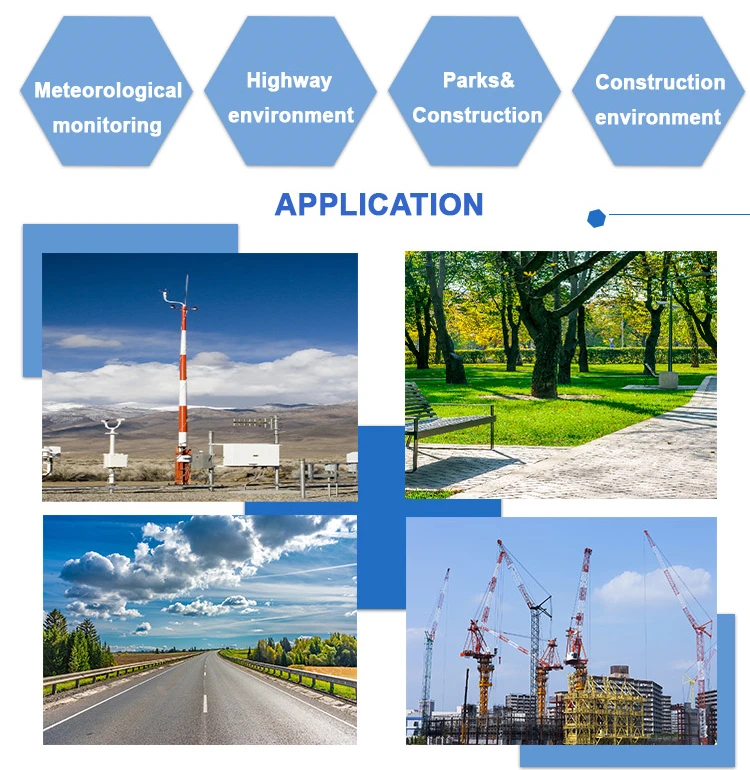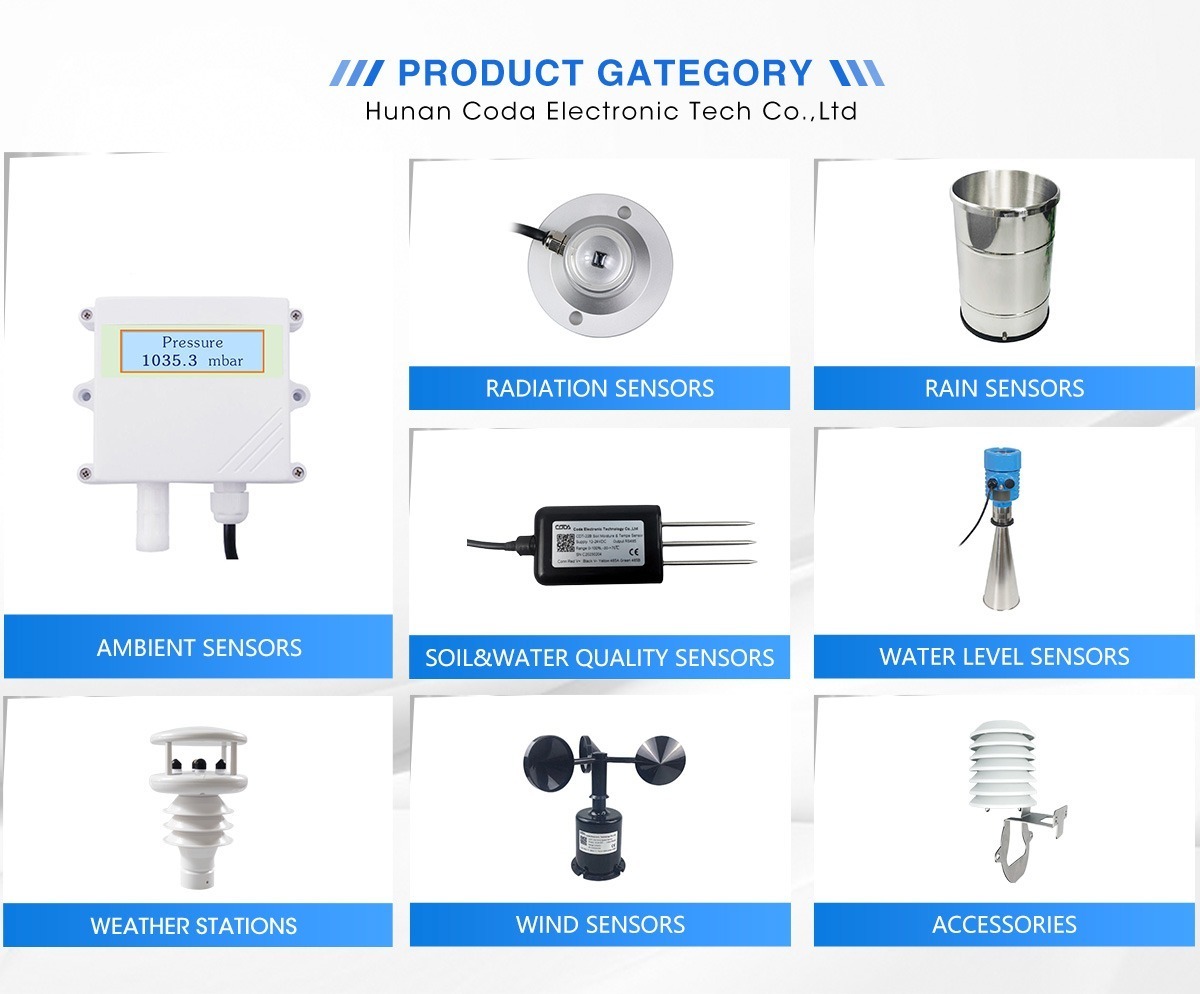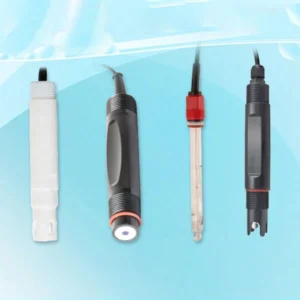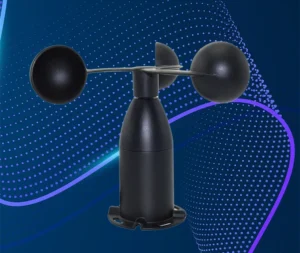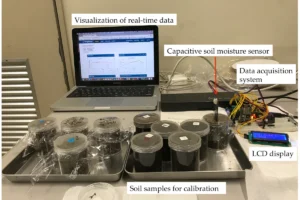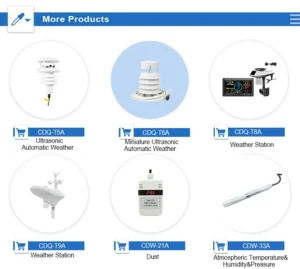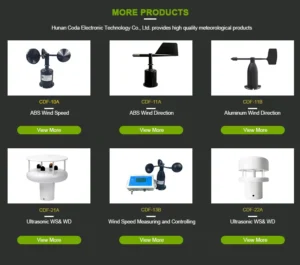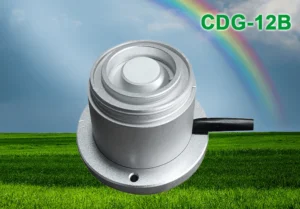What is a noise sound sensors ? & sensor sound
A noise sensor, also known as a sound sensor, is an electronic device. It measures sound levels or noise. These sensors are used to check environmental noise and manage industrial noise. They work by using the piezoelectric effect or a capacitive mic.
When a sound wave hits the sensor, it makes the internal parts vibrate. For piezoelectric sensors, these vibrations create a small charge or voltage. In electret microphones, sound waves cause the internal electret film to move.
This changes its capacitance and makes an electrical signal. This process turns sound into electrical outputs.
Primary Applications of Noise Sensors
1. **Environmental Noise Monitoring**:
Sound sensor working help track sound levels in homes and cities. They help reduce the risks of noise pollution for workers and the public.
2. **Industrial Equipment Monitoring**:
These sensors pick up noise signal levels from machines. They help keep workers safe from hearing damage in loud places.
3. **Traffic Noise Assessment**:
A noise meter gives us important information about traffic noise on the road. We can use this information to make better traffic management systems. This will help make urban traffic more efficient and improve safety.
4. **Environmental Research**:
These sensors pick up natural sounds, like animal calls or wind patterns. They help check the health of ecosystems. They also give details about the environment.
5. **Scientific Research and Disaster Monitoring**:
Scientists read noise meters to study sound waves from natural events, such as earthquakes and tsunamis. This aids scientific research and helps predict disasters.
Types of Noise Sensors:
1. **Microphone-Based Sensors**: These use microphones with vibrating parts or piezoelectric elements. They change sound waves into electrical signals.
2. **MEMS Sensors (Micro-Electro-Mechanical Systems)**: These are small sensors made with micromachining technology. They can find sound waves very well.
3. **Surface Acoustic Wave (SAW) Sensors**:
These sensors use sound waves to work. Sound waves move along a special material known as piezoelectric material. They help find audio signals.
4. **Optical-Based Sensors**: These sensors use light to find sound vibrations. They sense changes in an optical element’s position and turn this into optical signals.
5. **Sound Level Meters**: These are small devices that have a microphone inside. They measure and show sound pressure levels directly. They are often used to measure noise levels or to check if rules are followed.
Noise sensor applications:
Noise sensors are used in many industries and applications. They give accurate data that helps improve safety. They help us learn about the environment and support the growth of technology. Their strong features make them important tools in many fields.
Sound sensors are used in many places. Here are the main places where they can be found:
1. **Environmental Monitoring**:
Noise meters check noise levels in cities, factories, and on roads. By studying noise pollution, officials can see how it affects public health and well-being. This information is important for urban planning and management strategies.
2. **Industrial Control**:
In factories, noise is a big risk to worker safety and health. Sound sensors are used to check sound levels from machines and equipment.
This helps us respond fast when the noise is too loud. It protects workers’ hearing and makes the workplace better. It also boosts productivity by reducing harmful noise.
3. **Traffic Management**:
Managing road traffic noise is an important use of noise meters. We can put sensor systems in cities. They will measure the noise from traffic on the road in real time.
This data can help us take action. We can improve intersection designs, change speed limits, or promote public transportation. These steps can help lower noise pollution in cities.
4. **Health Assessment and Management**:
Noise sensors play a key role in smart home automation and smart city systems. They help make systems that increase comfort. We can manage noise levels by changing audio system volumes or turning off noise sources when they get too loud. This integration makes our living spaces more adaptable and pleasant.
In summary, noise meters are important tools. They help check and manage sound in many locations. They help keep us safe, improve comfort, and ensure we follow rules. This makes them very valuable in today’s world.
